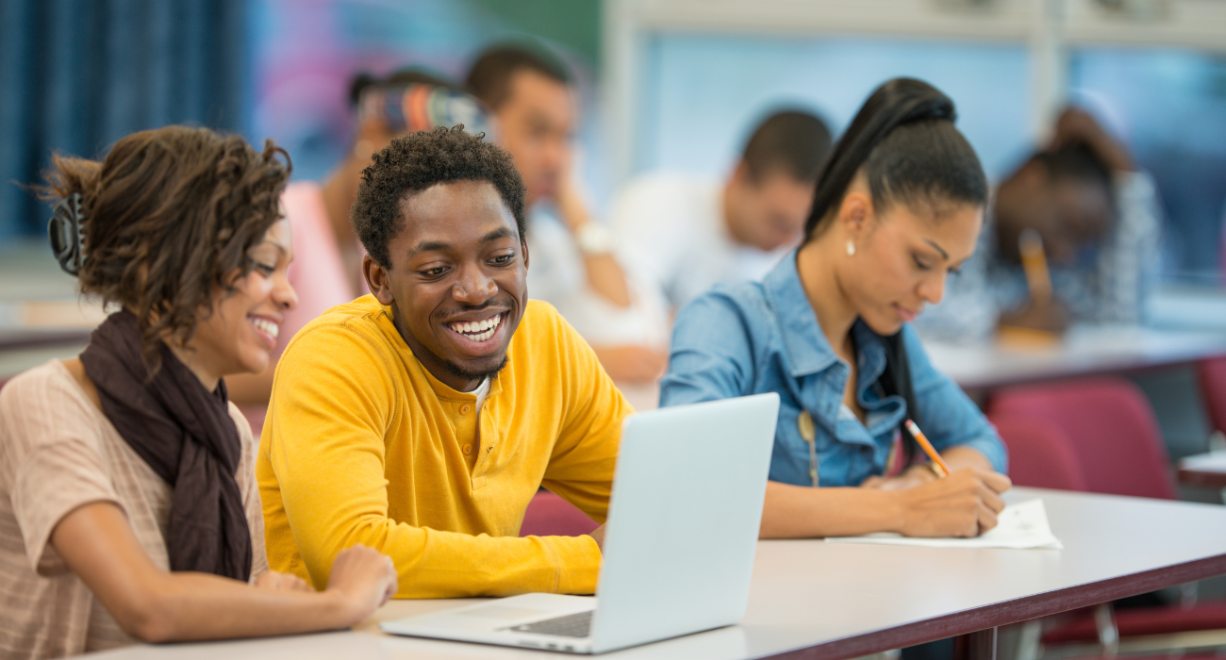Literature is a big part in shaping students’ perspectives of the future. Literature has an effect on young minds that goes beyond the pages of a book. It affects their creativity, critical thought, and view of the world. This piece talks about how literature has a big effect on how students see the future. It shows how literature can make people more empathetic, spark their imagination, and teach them about different parts of life.
The Role of Writing in Amplifying Literature’s Impact
Expressing Thoughts and Reflections Through Writing
When students read and think about books, they often feel the need to write down their ideas, reflections, and interpretations. This process not only helps them understand the information better, but it also makes it easier for them to explain complicated ideas. Students improve their speaking skills by writing, which helps them share their ideas about the future in a clear and precise way.
Crafting Original Narratives
When it comes to writing, students don’t just read, they learn how to craft their own stories by immersing in books. By observing the methods that authors use, students get a crash course in the art of storytelling. If things get tough or they need a little boost, students may wonder “Who can write my paper for cheap for me?” – well, samedaypapers service is a reliable solution. Their service isn’t just about getting the job done. It’s about collaboration, ensuring that your unique voice and ideas come through in every line. Quality and affordability come together to make your academic journey smoother.
Understanding Literature’s Role in Shaping Perspectives
1. Broadening Horizons
Literature gives students a chance to meet a wide range of people from different times, places, and countries. Students can learn more about the world around them by getting involved with these stories. Reading about characters facing various challenges allows students to relate to diverse experiences. This helps them learn more about human nature and the possibilities that lie ahead.
2. Exploring Complex Themes and Issues
Literature often tackles complex societal issues and ethical dilemmas. Students are exposed to topics such as social justice, morality, and the consequences of one’s actions. This happens through thought-provoking plots and multifaceted characters. Students gain a deeper understanding of real-world problems. They are better equipped to envision a future where positive change is possible.
Literature as a Catalyst for Personal Growth
3. Nurturing Empathy and Understanding
Literary works allow students to step into the shoes of characters and experience their joys and struggles firsthand. This immersive experience fosters empathy and compassion. It enables students to develop a more profound understanding. This understanding is of the emotions and motivations that drive human behavior. Such insights empower students to approach the future with compassion.
4. Cultivating Critical Thinking and Problem-Solving Skills
Engaging with literature encourages students to analyze, question, and interpret texts. They learn to look at situations from different angles and discern underlying meanings. These critical thinking skills are invaluable when considering future scenarios. Students can apply their analytical abilities and come up with solutions.
Encouraging Creative Vision
5. Igniting Imagination and Creativity
Literary works often transport readers to imaginative worlds where anything is possible. Students who immerse themselves in these narratives develop strong imaginative faculties. This creativity helps them imagine their own lives, which can lead to innovative ideas and unconventional paths.
6. Connecting with Historical and Cultural Contexts
Many literary works are products of their time, reflecting the historical, social, and cultural contexts. They show the political, social, and cultural settings in which they were written. Students who explore these contexts gain a deeper appreciation for the intricacies of human history and society. This past knowledge helps them understand how society has changed over time and predict how it will change in the future.
Literature’s Influence on Career Aspirations
7. Identifying Role Models and Inspirations
Literature gives students a chance to meet people who have traits they admire and want to be like. These fictional role models can inspire students to pursue specific career paths or personal goals. By identifying traits they resonate with, students get a clearer picture of their own goals and the steps they need to take to reach them.
8. Exposure to Various Professions and Lifestyles
Students learn about people from all walks of life through writing. Each character has a different job, way of life, and goals.
This exposure broadens their understanding of the vast array of opportunities that the future holds. It motivates them to try new things and think about jobs they might not have thought of before.
Conclusion
In conclusion, literature serves as a dynamic catalyst in shaping students’ perspectives of the future. Literature gives students the tools they need to imagine a world that is full of options. It does this by building empathy, fostering critical thought, and encouraging creative discovery. As students explore the world of literature, they learn more about human nature, how society works, and how things can change for the better. Through books, kids go on a trip that changes them and gives them the tools to control their own lives and make a difference in the world.
